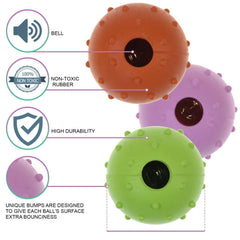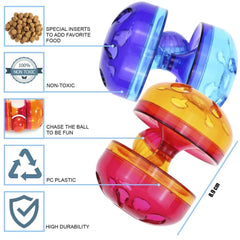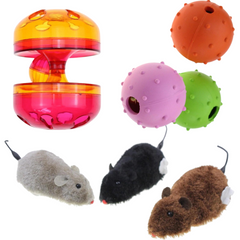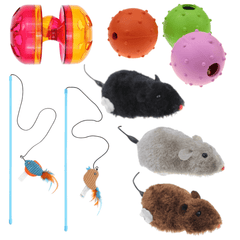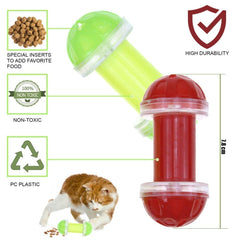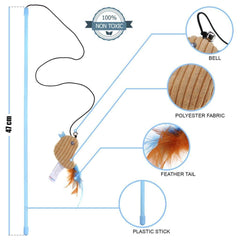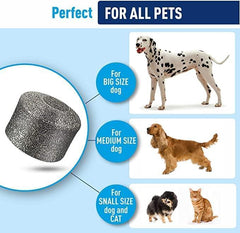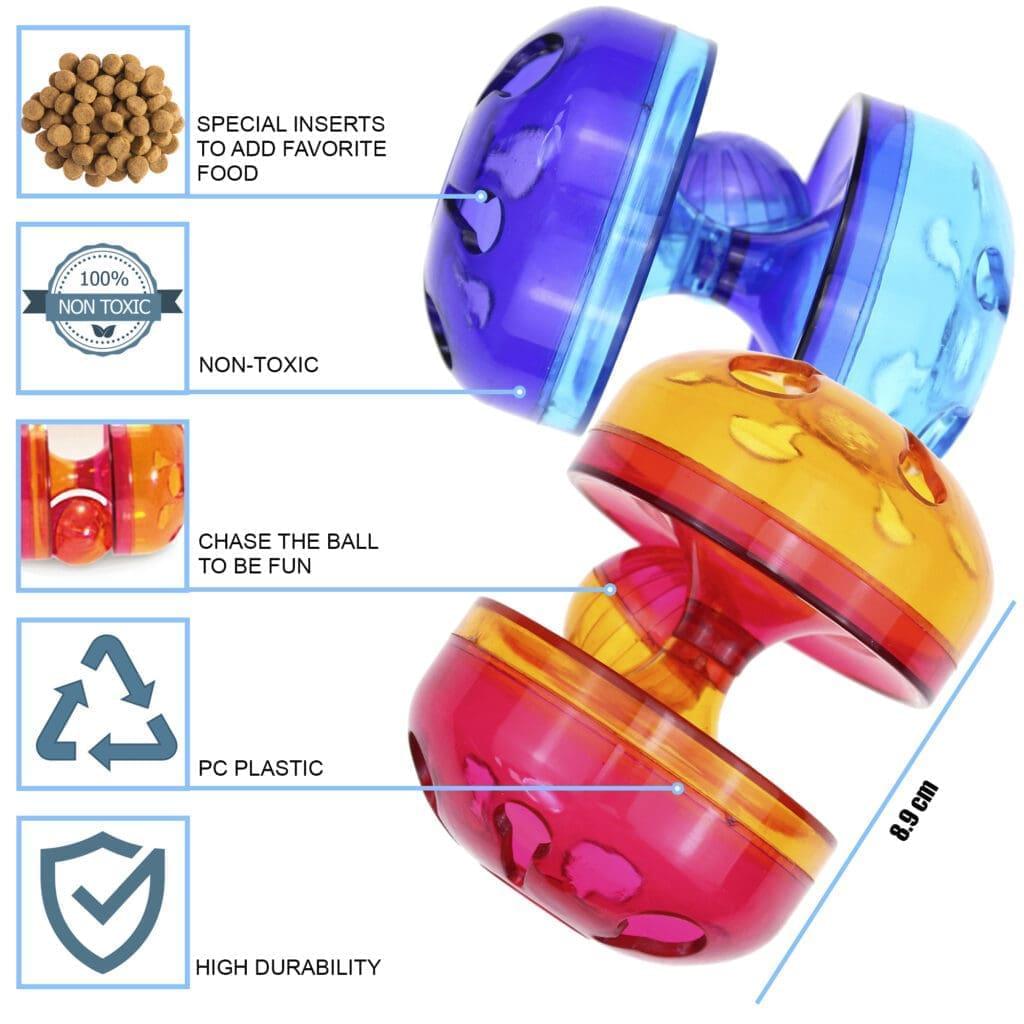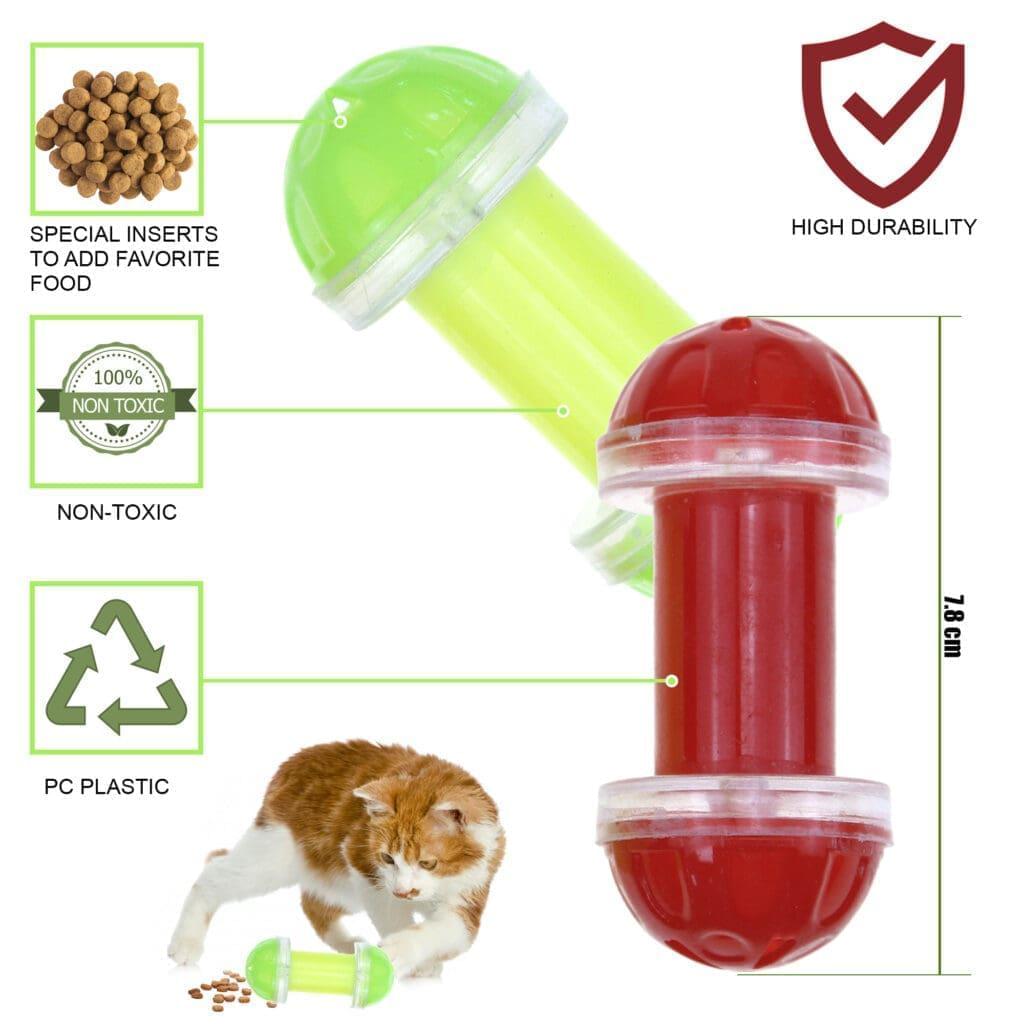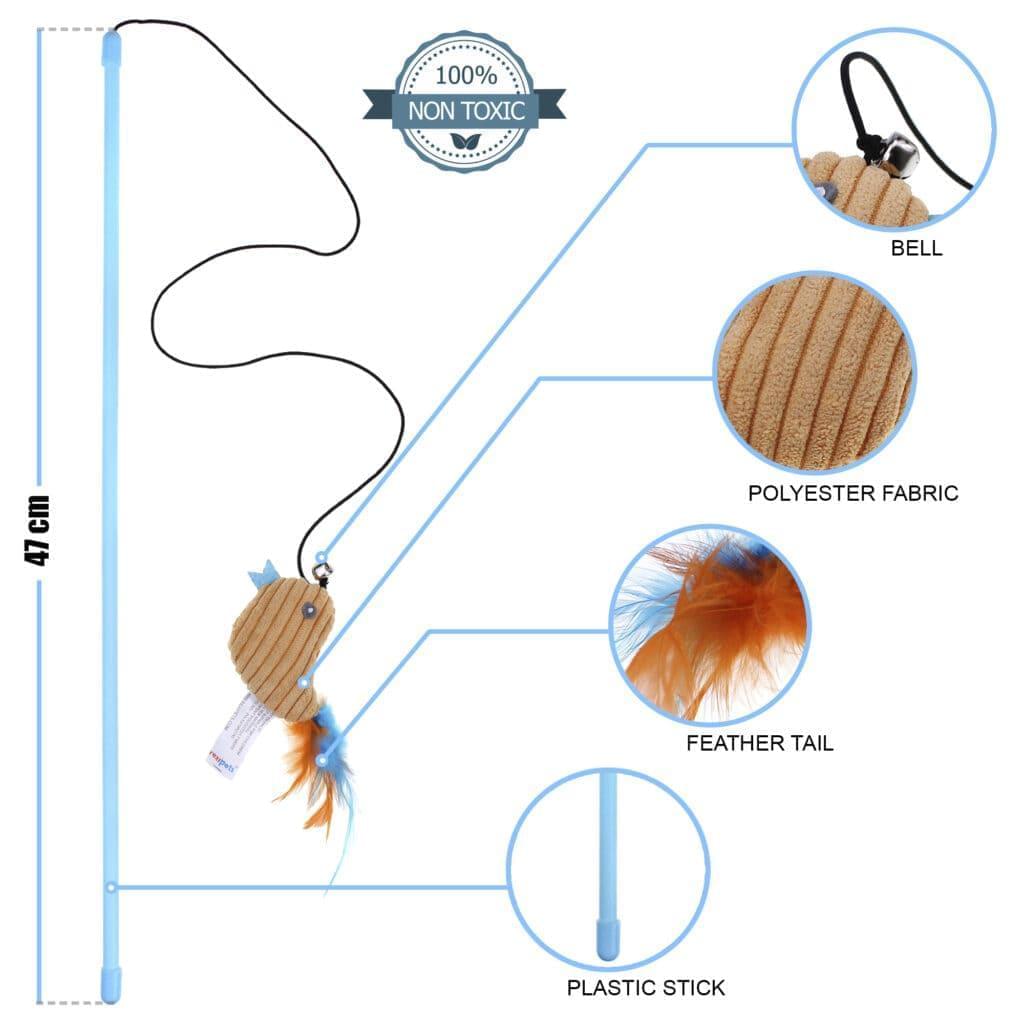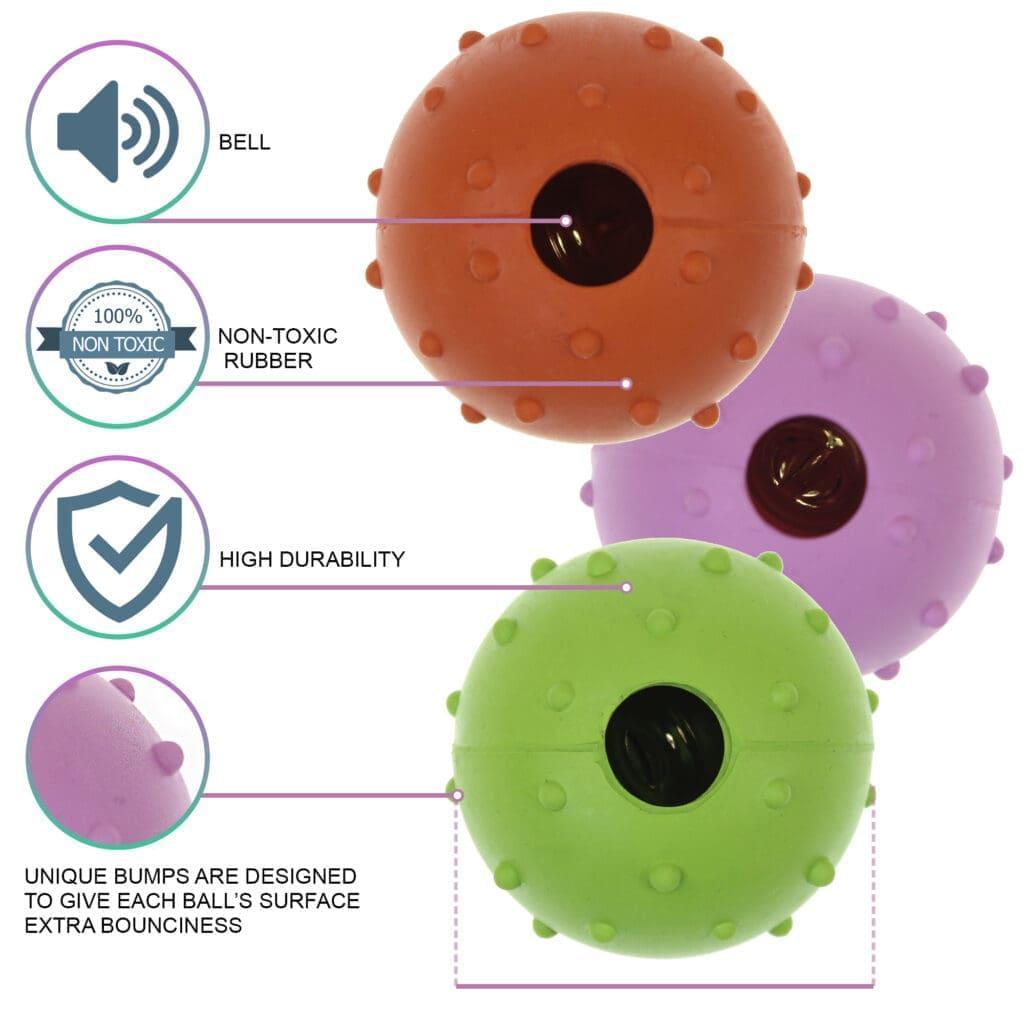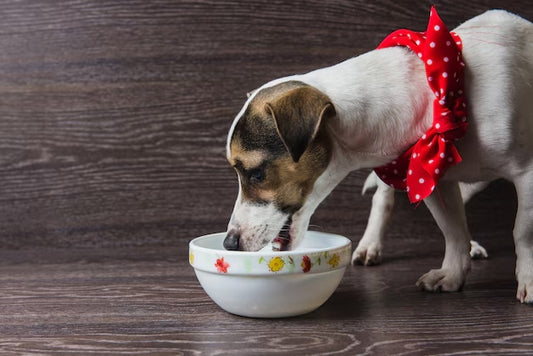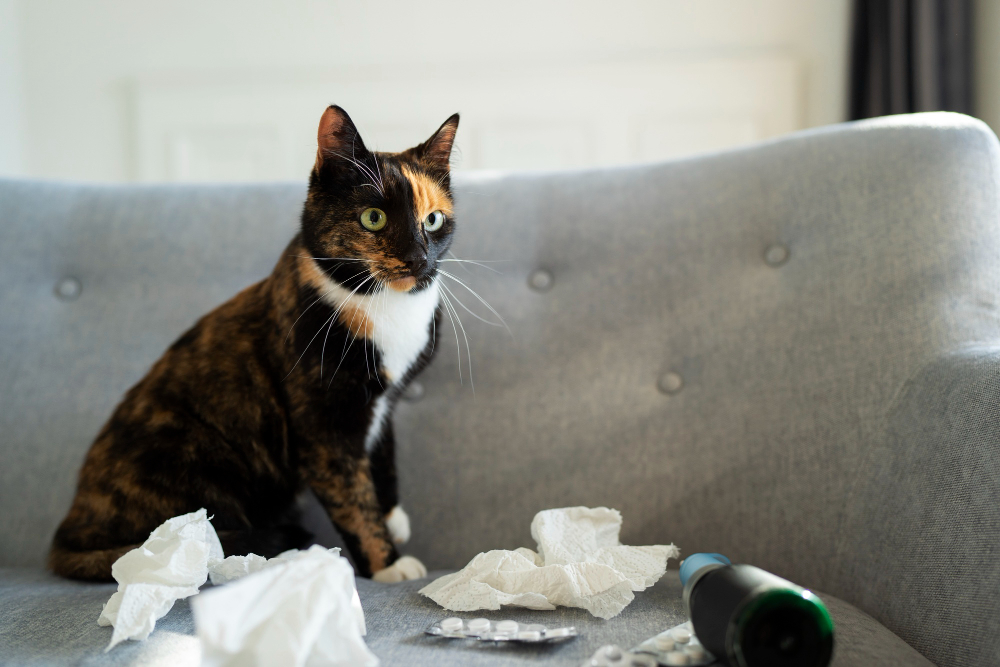
Pets are friendly animals that just make your life pleasant. Once you become a pet owner, there is no going back. While pets may not be humans, having them is like having children. You will always be looking out for their well-being and happiness. And you will be worried sick if anything happens to them.
One of the most common occurrences for pets, and, in particular, cats, is vomiting. There can be several reasons why your cat vomits, but the critical thing to remember is that it can be cured through home remedies if it is mild. However, if you think your cat has chronic vomiting, you may need to take it to a vet.
As a cat owner, seeing your beloved furry friend experience frequent vomiting can be distressing. While occasional vomiting can be normal for cats, recurring or persistent vomiting may indicate an underlying cause that requires immediate attention from the vet. However, do not panic since most of the time, it is mainly due to abdominal pain or perhaps your cat has not eaten in a long while.
For mild vomiting cases, you can try several home remedies to provide relief to your furry friend. This article will explore all the natural ways to help alleviate cat vomiting and promote their overall well-being.
Common Causes of Vomiting in Cats
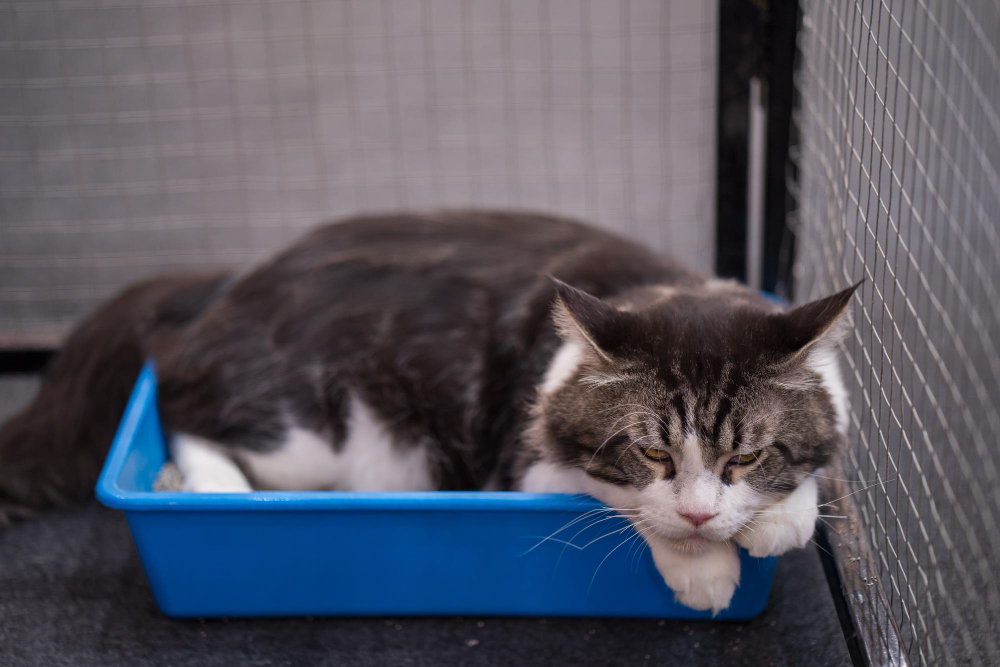
Before we dive into home remedies for cat vomiting, it is necessary to understand its common causes of cat vomiting. There can be multiple reasons behind your cat's vomiting.
-
Hairballs
Cats groom themselves by licking their fur. This can lead to the accumulation of hair in their stomachs. When these hairballs become too large to pass through the digestive system, they come out as cat vomit.
-
Dietary Indiscretion
They say curiosity killed the cat, which may be true since cats may ingest inappropriate or indigestible items like grass, plants, or foreign objects because they are inquisitive. This can irritate the stomach and result in cat vomiting as the body tries to expel the ingested material.
-
Food Allergies or Sensitivities
Some cats may develop food allergies or sensitivity to certain ingredients in their diet, such as grains, artificial additives, or specific protein sources. Ingesting these can upset your cat's stomach, which may lead to vomiting.
-
Gastrointestinal Infections
Gastrointestinal Infections caused by viruses, bacteria, or parasites can upset a cat's stomach, leading to vomiting. Viral or bacterial infections can be fatal if a proper diagnosis is not made and then treated.
Sensitive stomachs can be healed quickly through a few home remedies. On the other hand, undigested food can also cause involuntary vomiting in cats, so examine your cat's diet.
-
Intestinal Parasites
Cats can contract various internal parasites, such as roundworms, hookworms, or tapeworms, which can cause gastrointestinal upset and vomiting.
-
Chronic Medical Conditions
Underlying medical conditions like kidney disease, liver disease, pancreatitis, inflammatory bowel disease, or hyperthyroidism can cause your cat's vomiting to get excessive. These conditions require proper veterinary diagnosis and treatment.
-
Medications or Toxic Substances
Certain medications, including those prescribed for other conditions, can irritate the stomach lining and induce a cat's vomiting.
Additionally, ingesting toxic substances like certain plants, cleaning agents, or human medications can severely upset your cat's stomach, thus resulting in vomiting.
-
Stress or Anxiety
Cats are sensitive creatures, and stressful situations, changes in their environment, or anxiety-inducing events can lead to vomiting. Stress can disrupt normal digestive processes and result in an upset stomach.
-
Obstruction or Blockage
A blockage or obstruction in the digestive tract can sometimes lead to cat vomiting. This can occur when cats ingest objects that cannot pass through their digestive systems, such as string, cat toys, or hair ties.
-
Motion Sickness
Just like humans, some cats may experience motion sickness during car rides or other forms of transportation. This can lead to your cat vomiting as a response to the motion and discomfort
- For more severe causes, such as viral infections or digestive tract obstruction, you should immediately take your cat to a vet and have them thoroughly checked out. One way to figure out if your cat's vomiting is severe is to know if it is persistent. If your cat vomits frequently, it is definitely a cause for concern that you should look into and not take lightly.
Diagnosing The Vomiting Causes
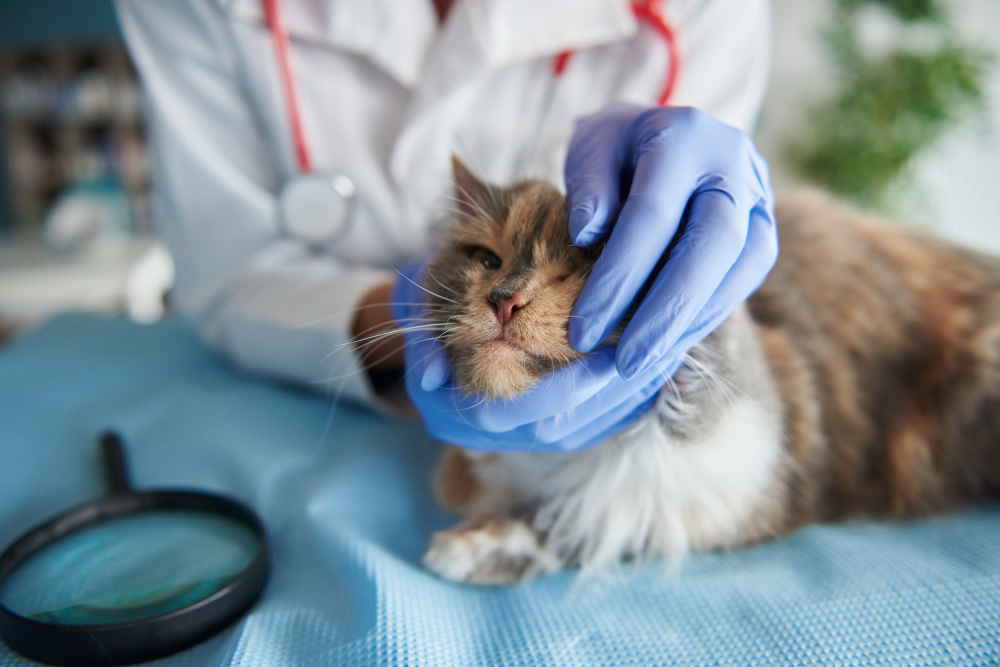
Diagnosing the underlying cause behind vomiting in cats can pose challenges. While many instances of vomiting tend to be temporary and can be resolved with home remedies, it is generally advisable to conduct a primary diagnosis to rule out any underlying severe conditions.
This approach will help ensure that potential underlying problems are identified promptly and can be addressed appropriately.
Home remedies for cat vomiting will work only if a proper diagnosis is carried out so you know what to give your cat. Your cat's vomiting can be due to several reasons, so it is best to be assured that it is mild enough to be treated through home remedies.
You can either take your cat to the vet to get a diagnosis for your cat's vomiting or if that is not possible, then you can observe how frequently your cat is vomiting.
If your cat vomits more than once or twice, it may cause concern. In such a case, immediate attention from the vet is required. However, if your cat's vomiting is less frequent, you provide him with home remedies to cure it. (We discuss home remedies later in the article).
Another way to determine the severity of your cat's sickness is by looking at the appearance of your cat's vomit, which will quickly tell you whether it is chronic vomiting. Below we have discussed the appearance of cat vomit and the reason behind each appearance.
What Does Your Cat's Vomit Look Like?
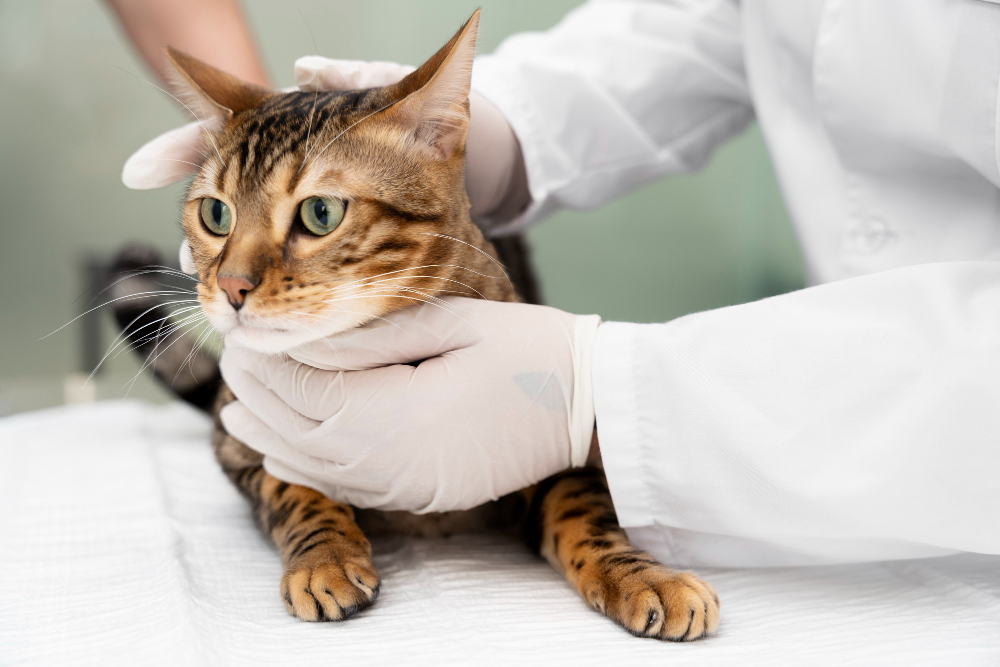
Recognizing the appearance of your cat's vomit is essential as it can provide insights into potential illnesses. Here are various examples of vomit colors and consistencies, along with their possible causes:
-
Bile/Yellow
Cats may vomit yellow bile when their stomach is empty because they have not eaten for a long time. This can be either due to morning-only feeding routines or if the cat is experiencing anorexia. Another possibility is that the gall bladder cannot contract properly, leading to bile accumulation in the stomach and small intestines.
-
Blood
Ulcers or continuous vomiting can irritate the stomach lining and esophagus, leading to vomiting blood. Blood might also indicate a clotting abnormality associated with certain diseases or toxins, such as rat poisoning.
-
White Foam
The stomach or small intestines can get inflamed for several reasons, which can lead to white foam in cat vomit.
-
Water/Clear Liquid
Vomiting clear liquid can indicate excessive water intake. Many diseases, such as diabetes mellitus and kidney disease, can cause increased water consumption in cats, resulting in cat vomiting.
-
Worms
Roundworms are the most commonly observed worms in cat vomit. If you notice a worm in your cat's vomit, you should take your cat to the vet for immediate treatment.
-
Cat Food
Cats that overeat or eat too quickly may eject it via vomit which is most often in a tubular shape. Nausea shortly after eating, obstructions in the digestive tract, or food allergies are other causes for cats to throw up food.
-
Hairballs
Hairballs are the most common and frequently vomited particles. Cats, especially those groomed excessively or with long hair, can occasionally vomit hairballs.
-
Brown Liquid
This is usually digested blood coming from the lower intestinal tract and can result from ulcerations, foreign bodies, or hairballs in the intestines.
-
Green Vomit
Green vomit suggests that the substance or food was expelled from the small intestines, mixing with bile which has caused the color to change.
-
Mucus
When mucus is often present, it is not vomit but food that the cat cannot swallow. Therefore, mucus is usually associated with regurgitation rather than vomiting.
If you notice any concerning changes in your cat's vomit, it is best to consult a vet. They will properly diagnose it and recommend an appropriate treatment.
Home Remedies for Cat Vomiting
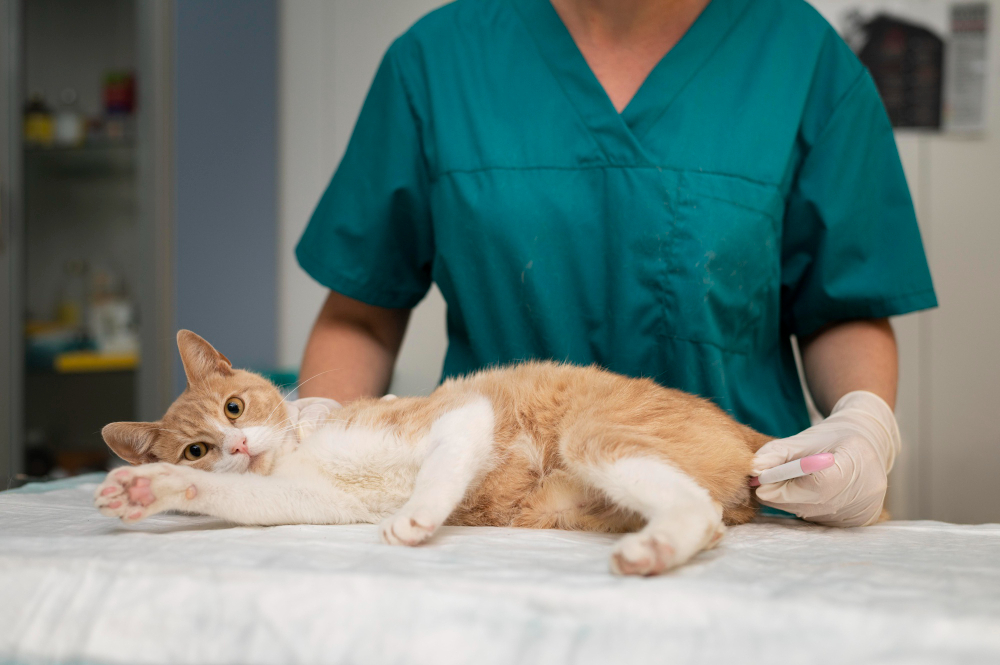
When our beloved feline companions experience bouts of vomiting, it can be a cause for concern and a sign that something isn't quite right. While recurring or severe vomiting requires prompt veterinary attention, there are several home remedies you can try to provide relief and support for your cat's digestive health.
These natural approaches aim to soothe their upset stomach, address common triggers, and promote their overall well-being. Once you have figured out the cause of your cat's vomiting, you can use home remedies to cure it.
For mild cases of cat vomiting, you can try the following home remedies:
Fasting
If your cat has vomited but it is mild, fasting can help fix the problem. This allows their stomach to rest and recover. You can restrict their food for 12 to 24 hours. However, make sure that they have access to fresh drinking water.
After fasting, gradually reintroduce small, bland food such as boiled chicken or plain cooked rice. Boiled chicken or rice is soft and won't be heavy on your cat's upset stomach. Dry cat food or any other hard substance may not be beneficial to give to your cat immediately after fasting.
Bland Diet
As discussed above, in some cases, cats vomit because of food allergies or sensitivities. Your cat's regular food might contain substances triggering your cat's vomiting. Dry cat food which your cat eats should be inspected.
You can give your cat bland food such as boiled chicken or rice. Homemade is always a safe option. Consider switching to high-quality, hypoallergenic cat food free from common allergens such as grains, artificial additives, and specific protein sources.
Sudden diet change can be harmful, so ask your vet for guidance on appropriate dietary changes for your cat's needs.
Small and Frequent Meals
Feeding your cat smaller, more frequent daily meals can help prevent vomiting. This approach helps digestion by reducing the amount of food in the stomach at any given time. Give your cat easily digestible cat foods and ensure they are properly hydrated.
Probiotics
Probiotics can improve the gastrointestinal health of cats and help in digestion. They balance the beneficial bacteria in the digestive tract, which can be particularly helpful if your cat's vomiting is related to digestive issues.
Look for probiotic supplements formulated specifically for cats, or consult your veterinarian for appropriate recommendations.
Mild Herbal Remedies
Certain herbs can help in relieving your cat's digestive system. Chamomile tea, for example, is known for its calming properties and can help alleviate stomach discomfort.
Brew a weak chamomile tea, let it cool, and offer it to your cat in small amounts. Ginger tea is also an excellent antioxidant that benefits cats.
However, it's important to note that not all herbs are safe for cats, so consult your vet before using herbal remedies.
Hydration
Dehydration can worsen vomiting and potentially lead to more severe health issues. Ensure your cat has access to fresh and clean water at all times. If your feline friend is reluctant to drink, try using a pet water fountain or moistening their food with water to increase their fluid.
Hydration is essential to preventing vomiting in cats. Always make fresh water available for your cats at all times. If you think your cat is not drinking enough water, you can buy a water fountain to get your cat interested.
Hairball remedy
If your cat's vomiting is because of hairballs, you can use products such as laxatone. On the other hand, you can also use Vaseline and rub it on your cat's paws which helps pass the hairball by lubricating each hair.
You should take your cat to a vet if the hairball vomit is frequent. Frequent hairballs indicate possible health issues.
When to Take Your Cat to the Vet?
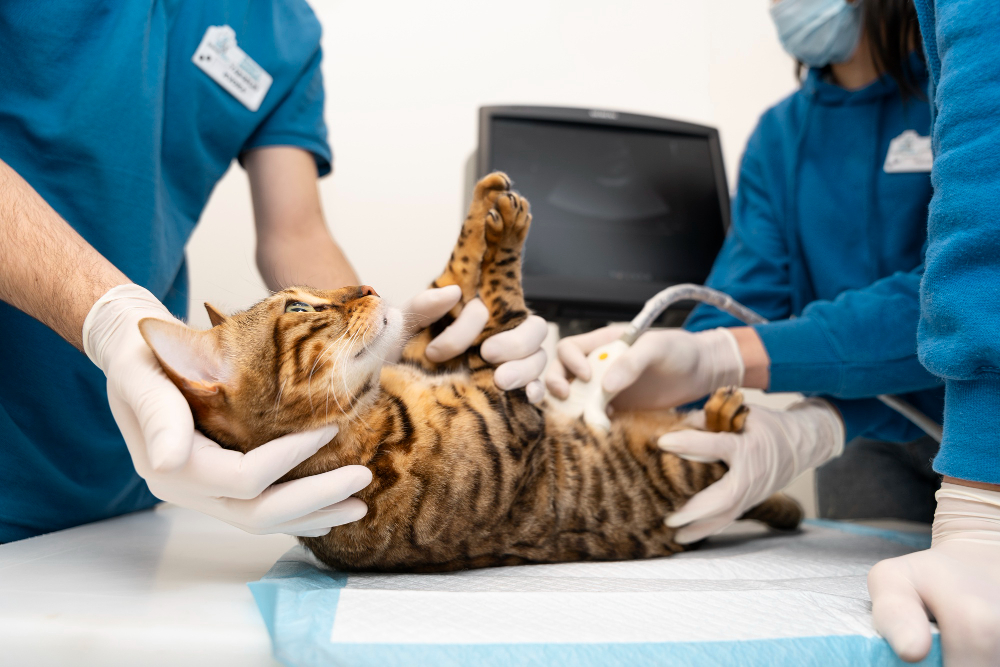
If your cat's vomiting continues and becomes persistent, it can become dangerous, so immediately take your feline friend to the vet. Suppose there is blood in the vomit, or your cat suffers from profuse diarrhea. In that case, it is definitely a cause for concern.
If the following situations occur, then taking your cat to the vet immediately becomes necessary;
-
If your cat swallowed something poisonous or hazardous, immediately take it to the vet.
-
If your cat is constantly vomiting or the vomit contains blood.
- Suppose your cat has an existing medical condition, such as kidney disease or diabetes mellitus, and continues to vomit. That is also a cause for concern.
- If your cat has diarrhea, it will be challenging to keep them hydrated, so you should take it to a vet.
- Your cat is not eating anything but has vomited a few times.
Cat vomiting is expected, so it should not be a concern if it happens occasionally. However, if the vomiting persists, it becomes a cause for concern. Ensure that your cat is hydrated well and eating a balanced and regular diet.
Pet insurance comes in handy in cases of emergency vet visits so that your cat can have the best medical care without breaking the bank.
How Do Vets Treat Cat Vomiting?
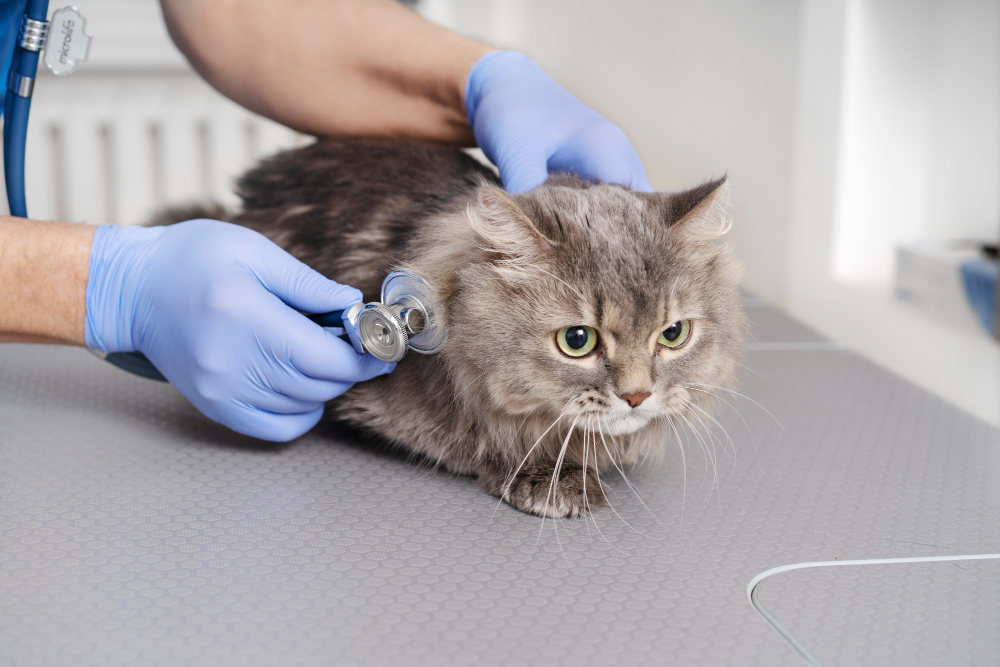
Understanding the difference between acute and chronic vomiting in cats is essential. Acute vomiting is when a cat suddenly starts to throw up. At the same time, the latter occurs when a cat continuously vomits for extended periods.
When treating acute vomiting, the first step is to determine its cause. The vet will run tests. Blood tests include checking for parasites in the cat's fecal matter and taking gastrointestinal tract X-rays to look for blockages or tumors. If no issue is found and the cat's vomiting continues, then the vet will give medication to prevent dehydration and stop the vomiting.
Cats that vomit because of hairballs may be put on a special diet with extra fiber. Medication will also be given to help them pass the hairballs. Hairball remedies can be done at home also. You can rub Vaseline or other natural oils on your cat's feet to let the hairball pass.
More tests are carried out for cats that keep throwing up or have a history of chronic vomiting. These include;
- Tests to check the pancreas and look for signs of malabsorption in the small intestines
- An ultrasound to get detailed images of the abdomen and check for small foreign objects or cancer
- Chest X-rays to see if there are any signs of cancer or other problems in the chest
Sometimes, the test results need to provide clear answers. This is especially true if the problem is in the cells of the small intestines. If this happens, the vet may need to take biopsies, which means small tissue samples from the cat's gastrointestinal tract.
This sampling helps determine if the cat has inflammatory bowel disease, food allergies, or abdominal pain. Sometimes, the vet may try changing the cat's diet first to see if it's a food allergy before carrying out any blood tests.
Conclusion
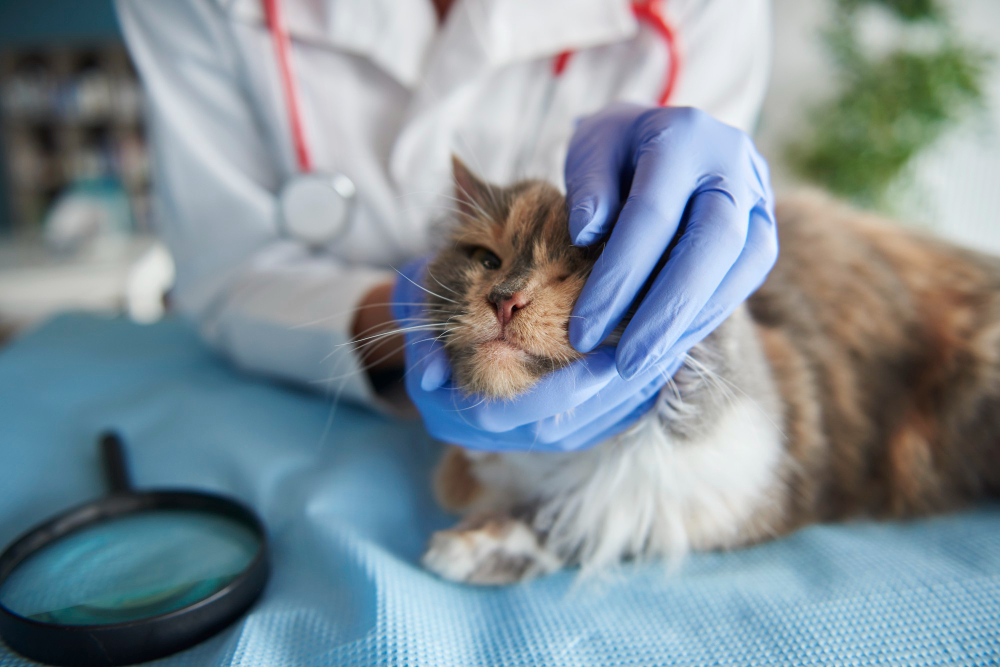
Home remedies can be a helpful approach to treating instances of mild cat vomiting. While taking your cat to a vet if the vomiting is persistent or your cat is suffering from a disease is essential, some natural remedies can provide relief.
Simple but effective remedies such as smaller portions but more frequent meals, ensuring a balanced diet, and providing access to fresh water can help your cat's digestive health remain in good shape.
Moreover, natural remedies such as ginger tea or a bland diet consisting of boiled white meat and rice will help soothe an upset stomach.
However, it is essential to monitor your cat closely, observe any changes in behavior, and seek professional veterinary advice when needed to ensure your feline friend receives the best care possible. Your cat's health is paramount, so you should be careful when dealing with a vomiting cat.
Your feline friends need constant help and attention. Make sure you keep an eye on your cat so that you don't have to go through the chaos that comes with a vomiting cat. Even if you do, just follow our home remedies for cat vomiting, and you will be able to tackle the situation. In case you are unable to do that, consult a vet.
FAQS
How to get rid of cat vomit?
Cleaning cat vomit is not as difficult as it sounds. Firstly remove any solid pieces in the vomit with a paper towel. Both the area with an absorbent cloth or paper towel. Don't rub the vomit, particularly if it's on a sofa or bed.
Once that is done, create a cleaning solution with one part vinegar and two parts warm water. An alternate option is to use a mild detergent instead. Clean the area with this solution using a sponge or soft brush. Once done, wash it with water to remove any residue. Let it dry completely.
If there is a lingering odor, sprinkle some baking soda and let it sit for a few hours. Then you can vacuum the power.
Should I give water to a vomiting cat?
It is generally recommended not to give food or water to a cat that is constantly vomiting. It lets their stomach rest and decreases the chances of any additional problems.
If you notice that your cat is not vomiting anymore and is stable, give them small amounts of water every few hours. Observe your feline friend. If they are able to keep the water down without throwing up, you can slowly increase the amount of water.
In case your cat continues to vomit, consult a vet for help.
